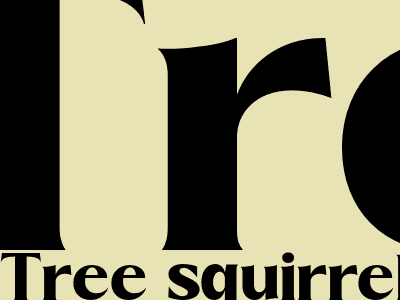
Tree Squirrels Face Euthanasia Due to Canine Distemper Outbreak
Authorities Grapple with Rising Cases in Urban Areas
Local animal control authorities are faced with a difficult decision as they grapple with a rising number of canine distemper cases among tree squirrels in urban areas. The highly contagious virus has no cure and is often fatal to infected animals, prompting wildlife officials to consider euthanasia as a humane option to prevent further spread.
Outbreak Raises Concerns for Public Health and Animal Welfare
The outbreak has heightened concerns over public health and animal welfare. Canine distemper can spread to humans and other animals, causing respiratory and neurological problems. Experts emphasize the importance of vaccinating pets to protect them from the virus.
The decision to euthanize infected squirrels is not taken lightly. Animal control officers are working closely with wildlife veterinarians to assess each case and determine the most humane course of action. Euthanasia is considered when animals are severely ill or at risk of spreading the virus to other squirrels or the public.
Symptoms of Canine Distemper in Squirrels
Tree squirrels infected with canine distemper may exhibit various symptoms, including:
- Nasal discharge and coughing
- Eye discharge and conjunctivitis
- Lethargy and loss of appetite
Prevention and Control Measures
To prevent the spread of canine distemper, wildlife officials recommend taking the following steps:
- Vaccinate pets against the virus.
- Avoid contact with sick or dead squirrels.
- Report any suspected cases to local animal control authorities.
Authorities are working diligently to contain the outbreak and protect the health of both animals and people. The situation is being closely monitored, and updates will be provided as they become available.